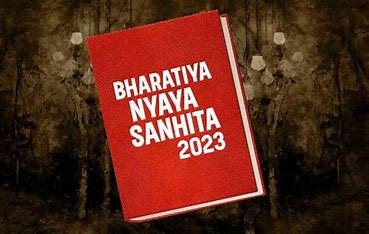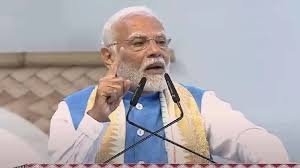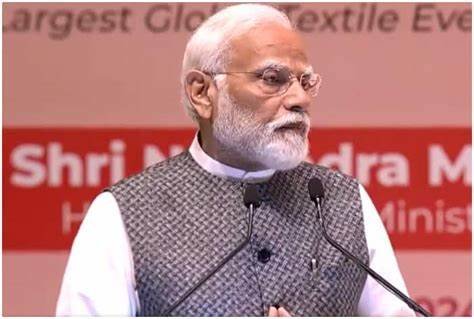By our legal correspondent
Thrissur, July 02 (IVC) The practicing advocates, medical doctors and civil rights activists have criticized the criminal laws enforced in the country since today as certain sections of these laws are retrograde and regressive.
The new laws Bharatiya Nyaya Sanhita in place of Indian Penal Code , Bharatiya Nagrik Suraksha Sanhita for the Code of Criminal Procedure and Bharatiya Sakshya Adhiniyam (Indian Evidence Act) have been enforced in the country since July 01, the official sources said.
The written petition in the Supreme Court on June 27 has filed by Anjale Patel and Chhaya Mishra, represented by advocates Sanjeev Malhotra and Kumar Sidharth seeking stay on the implementation of the three new criminal laws.
The petitioners have urged the apex court to constitute to an expert committee immediately to assess the viability of the new laws.
The plea highlighted that the three laws passed without detailed debate or effective discussion in the Parliament. The petitioners contended that the new laws were ambiguous, anti-bail, provided extensive powers to the police and even “inhumane “ at some points such as the revival of handcuffs during arrest.
The BNS does not define terms such as “gangs” and “mobile organized crime group”. The Code of Criminal Procedure (CrPC) empowers the jurisdictional magistrate to grnt police custody up to 15 days in case the investigation cannot be completed within 24 hours. However section 187 of the BNSS said police custody of 15 days can be authorized in whole or in part at any time during the initial 40 or 60 days out of the 60 or 90 day of the judicial custody.
Doctors practicing modern medicine have objected to a section in the BNS enforced today. The civil rights activists alleged that there was no section in the BNS dealing with rape of men and transgender persons.




